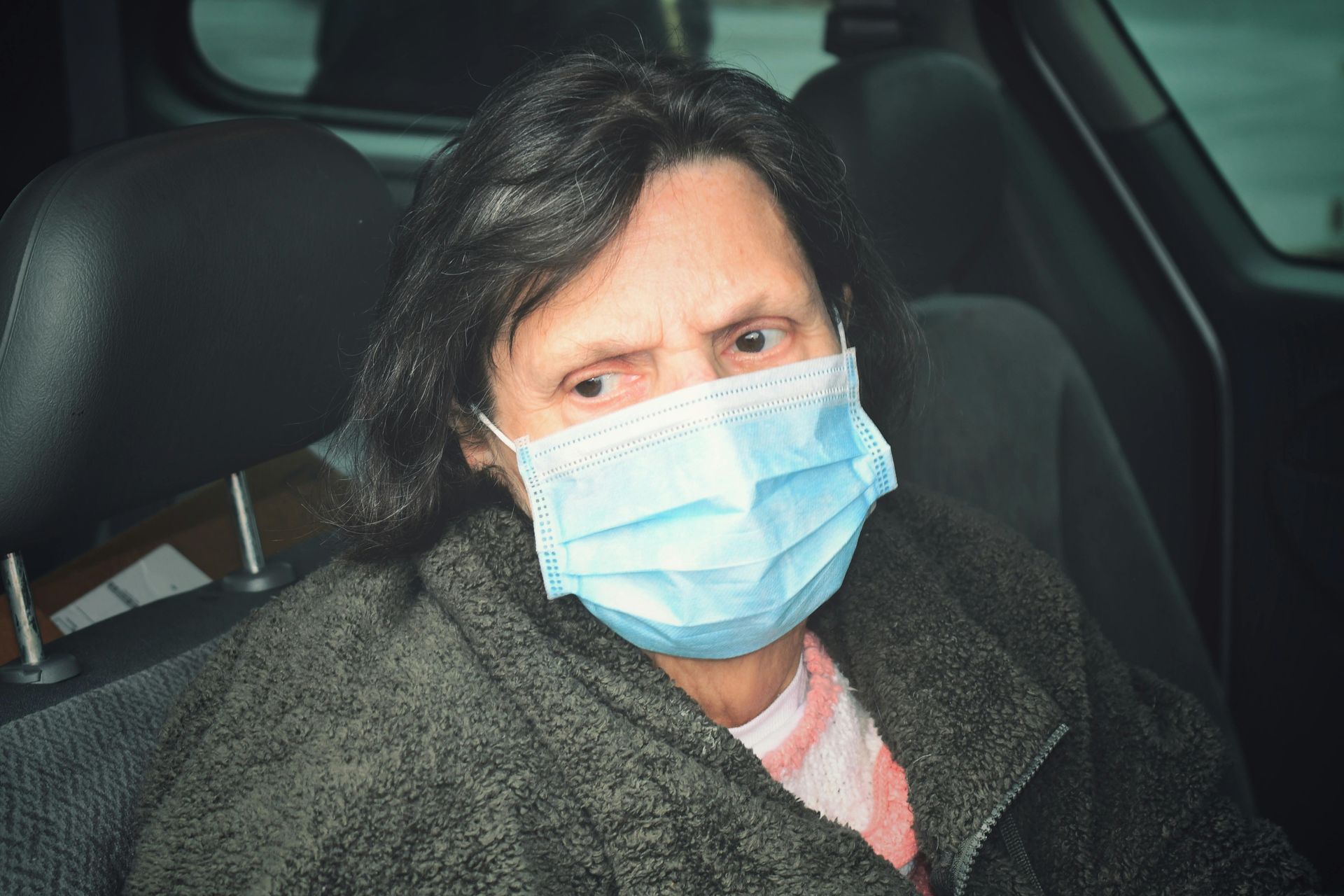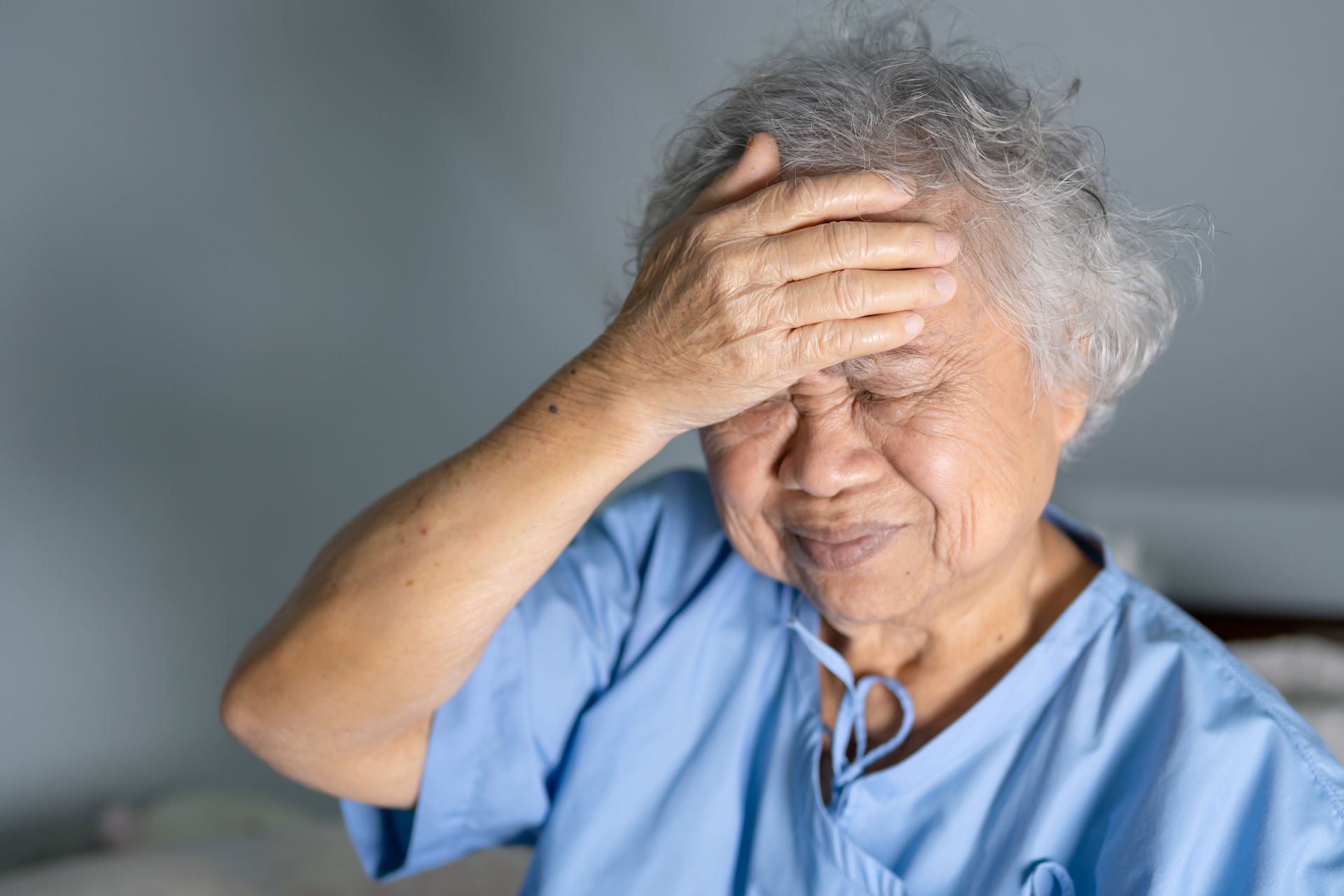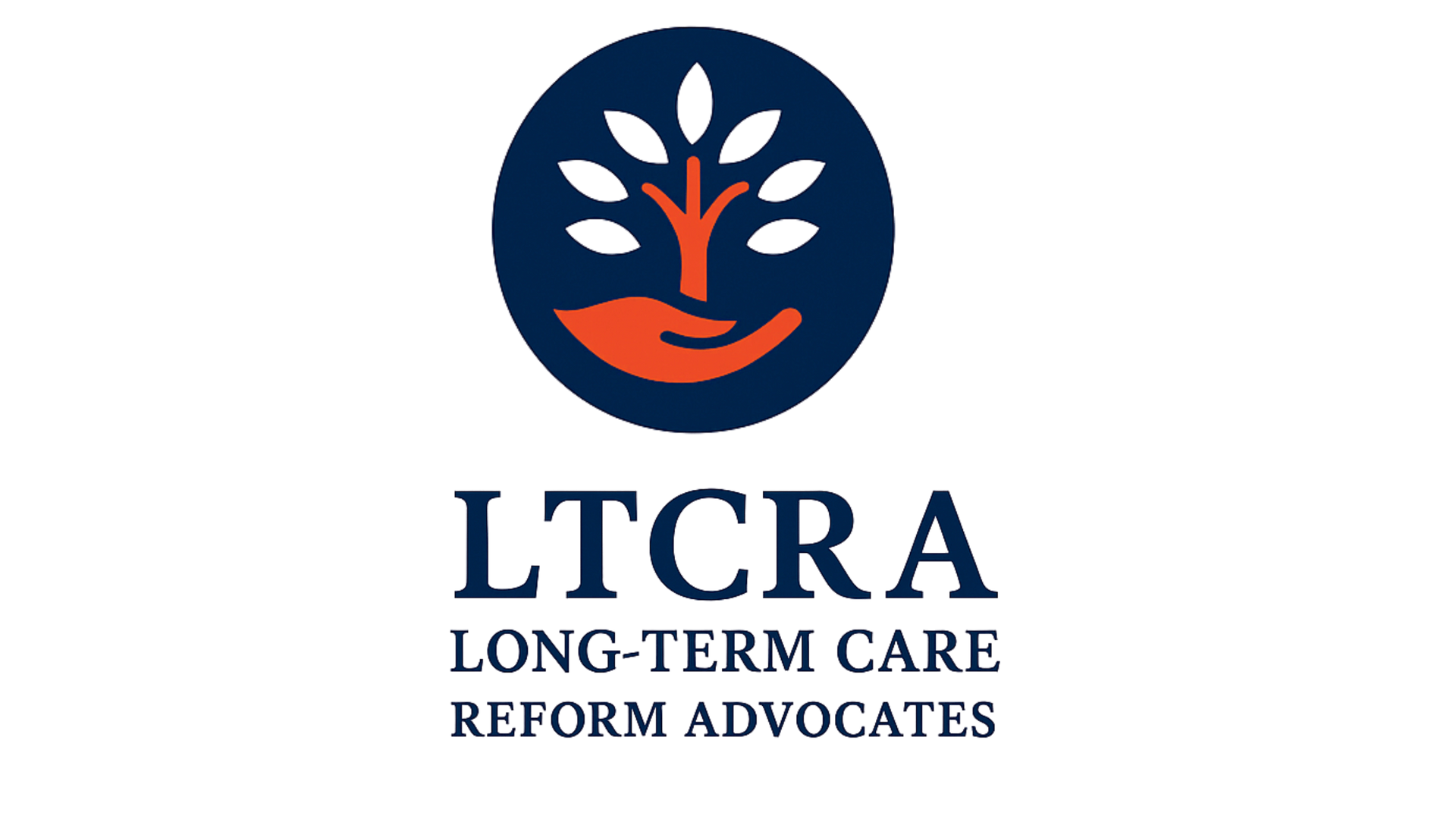Elder abuse shakes families and whole communities. When a vulnerable parent or grandparent faces mistreatment—especially in trusted places like nursing homes—the pain ripples far beyond the individual. It brings worry, guilt, and even shame, and hits hard because these loved ones depend on others for help. Elder abuse via nursing home neglect aren't rare stories on the evening news. They're ongoing problems across the country, and many people feel unsure of what to look for or how to protect the people they care about.
This post will break down the types of abuse, signs to watch for, and real steps you can take to keep elders safe. If you have a parent, grandparent, or neighbor in a care setting, you need these facts.
Understanding Elder Abuse and Nursing Home Neglect
Elder abuse means hurting or mistreating someone age 60 or older, either by action or by failing to act. Nursing home neglect is a major piece of the problem. Abuse can be physical, emotional, sexual, or financial. Neglect happens when caregivers don’t provide essentials like food, medicine, or clean living spaces—not just honest mistakes, but repeated or intentional failures.
Nursing home neglect is not a one-time slip. It happens when staff don’t give enough care or attention, sometimes because places are understaffed or workers haven't been trained. These aren’t isolated problems. According to the Centers for Disease Control and Prevention, about 1 in 10 older adults living at home experience some kind of abuse each year. The rates in institutional settings can be even higher.
Abuse and neglect can happen to any elder—no one is immune. Most often, it happens in private homes, nursing homes, or assisted living facilities. Anyone responsible for care, including family members or paid staff, could be a potential abuser. If you want to learn what to do if you suspect nursing home abuse, visit this page on the LTCRA website.
Nursing Home Neglect Warning Signs to Watch For
You may wonder how to tell if something is wrong. The warning signs aren't always obvious, but here are some to look out for:
- Unexplained bruises, burns, or broken bones
- Sudden fear, withdrawal, or changes in personality
- Bedsores or sores that don’t heal
- Poor hygiene, dirty clothes, or strong body odor
- Weight loss or signs of malnutrition
- Missed medication doses or unfilled prescriptions
- Unsanitary or unsafe living conditions
- Unexpected drops in bank balances or missing money
It’s natural to feel uncertain when you spot these signs. Start by asking gentle questions and talking with the care team. If answers don’t add up, or you keep seeing problems, it’s time to seek professional help. Talking with an elder law attorney or a trusted medical provider can help you decide what to do next.
Who Is at Risk and Why
Some elders face higher risks of nursing home neglect and other abuse. People with memory loss, like dementia or Alzheimer’s, need more help and may be less able to ask for it. Elders who rely on others for daily activities—eating, bathing, taking medicine—are also more vulnerable. The sad truth is that dependency can make them easy targets.
Why do abusers do this? Sometimes it’s plain cruelty or greed, but often it’s more subtle. Care settings without enough supervision, or with poorly trained staff, can give abusers opportunity. Workers who feel unsupported, stressed, or overwhelmed may cut corners or lash out. Frequent visits from loved ones are powerful—staff know someone is paying attention, and elders have stronger voices with backup.
Taking Action to Prevent and Stop Nursing Home Neglect
Now that you know the signs, what can families, neighbors, and communities do to prevent nursing home neglect and other types of elder abuse?
- Choose the Right Nursing Home: Look for facilities with solid reputations, properly licensed staff, and strong records during health inspections. Don’t be afraid to ask tough questions or take a tour.
- Stay Involved: Visit often and pay attention to changes in mood or appearance. Quick check-ins are good, but unannounced visits at different times of day can tell you even more.
- Speak Up: If you notice anything concerning, talk with staff and keep records. Write down what you see, who you spoke to, and when. Sometimes, small issues can be addressed with communication. Other times, deeper problems need outside help.
- Know Your Rights: In Illinois and many other states, residents in care homes have legal protections. You can get helpful information about nursing home laws and resident rights to stay informed. Knowing the rules gives you leverage if things go wrong.
- Contact Local Leaders: Elected officials make the laws that shape care standards. Don’t be shy about asking your representatives for stronger rules, more oversight, or better funding to protect elders.
How to Report Suspected Nursing Home Neglect
Reporting is the most direct way to protect elders from harm. If you’re worried something isn’t right, you can:
- Call your local Adult Protective Services office or elder abuse hotline
- Speak with a trusted elder law attorney
- Notify the long-term care ombudsman in your area
- Contact the state Department of Public Health if it’s a nursing home issue
Reporting protects not just your loved one but others who may not have anyone to speak for them. Studies show many cases of elder abuse go unreported, so your courage can save lives.
Raising Awareness and Calling for Change
Change happens when people speak up. You can:
- Share what you’ve learned with friends, family, or social circles
- Join or support local or national elder rights campaigns
- Urge your elected officials to make elder protection a priority
- Volunteer with or donate to organizations helping protect elders
Your voice matters. The more people who know the warning signs and take action, the safer our seniors become.
Conclusion
Nursing home neglect and elder abuse don’t only happen in distant places—they can happen anywhere. But families, friends, and communities have the power to spot problems and push for better care. Remember the signs, stay involved, and speak up when you see something wrong. Change may feel slow, but every call, every report, every conversation brings us closer to dignity and safety for all elders. Your attention, your action, and your voice can truly make a difference.


